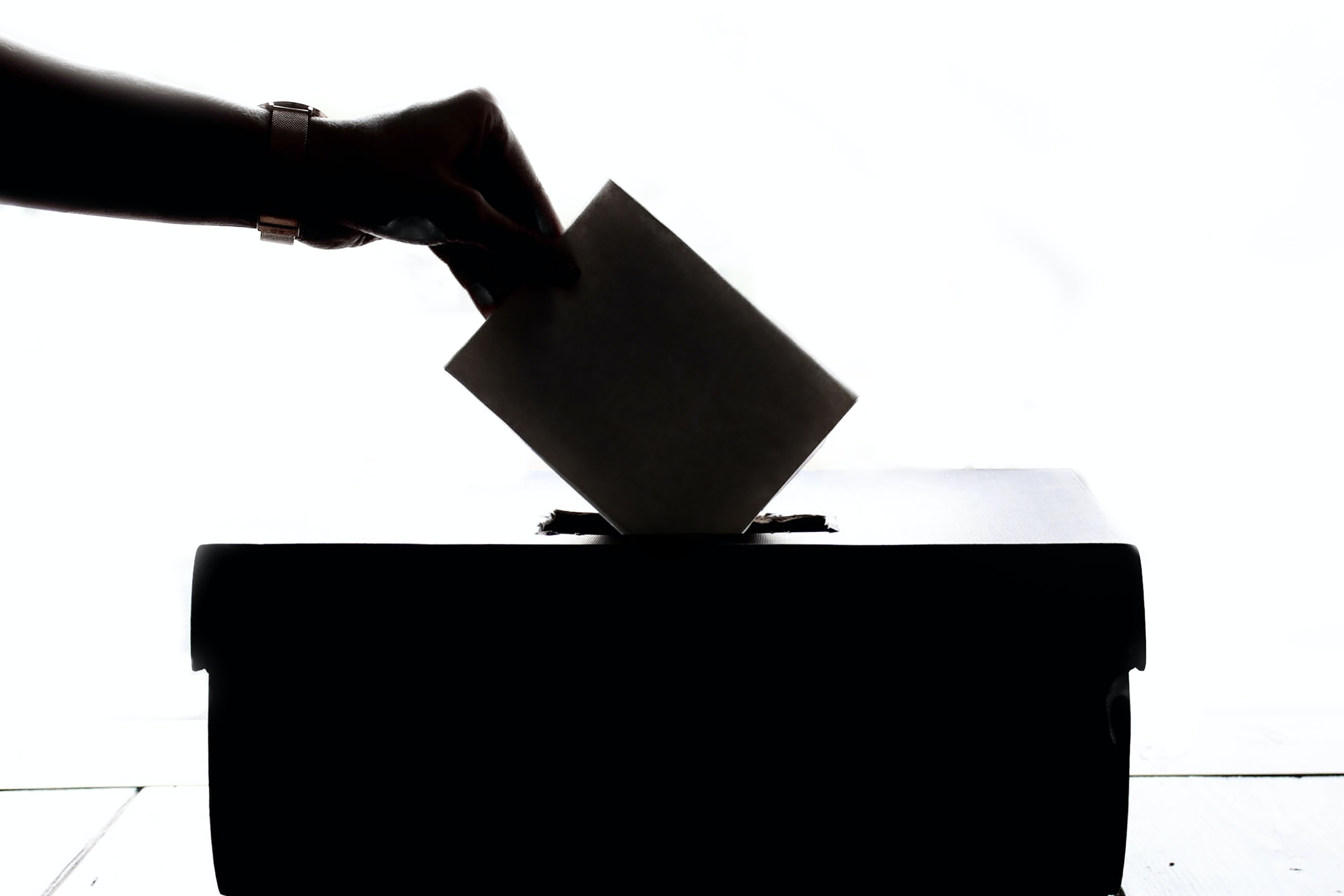7 Tips to Keep Employee Engagement Up During Divisive Elections:
How to Minimize Distractions, Negative Workplace Productivity, and Workplace Hostility in an Election Year

Elections affect everyone on one level or another. With a political and social climate charged with divisiveness, it’s inevitable that these “outside forces” can be huge distractors for collaborators throughout the organization. It’s difficult, nearly impossible, to check our political and social ideas at the door when we punch in our timecard.
Engagement and productivity drop during election times. Likewise, feelings of dissatisfaction and even hostility toward co-workers can bubble up. Senior leaders must work with HR to minimize hostility within the organization and get through the next 27 days, which feel eternal for everyone.
How?
1. Establish political-expression policies. It’s critical for HR and organization leaders to develop and communicate policies on political expression in the workplace. This includes buttons, pins, and other political speech on uniforms. Which forms of political expression will have the biggest impact in the organization? Identify them and address them. Shutting down all political expression is impossible. Leaders must enforce the policies consistently.
2. Establish rules regarding use of company resources and equipment. Encourage civic activism, but help collaborators recognize that the workplace is not the place to photocopy fliers, send off email blasts for your favorite candidate, or post political posters on the cafeteria bulletin board.
3. Ensure a safe work environment. Workers cannot be mistreated for their political views. This is illegal. It is the organization’s responsibility to create a safe, inclusive work environment. Go one step further and create a space that shares relevant information about the candidates during an election. Consider a bullet point list on top issues and put each candidate’s plans for each issue for collaborators to read and compare.
4. Build critical thinking skills. The era of the meme has overtaken us all. Smart politics and political conversations have to include critical thinking. Help your collaborators become strategic thinkers and analysts, recognize their personal biases, and become active listeners.
5. Managers steer this ship. Managers must be prepared to deal with tension during election cycles. They must recognize signs of distress, monitor political conversations, model the best behavior and manage conflict. They must be up to the task.
6. Commit to inclusion and diversity. This means not pretending politics don’t happen. The workplace must model inclusion in its policies and be coherent, walking the talk. Reinforce the company’s zero tolerance discrimination policies.
7. Engagement slumps during election week. November 4 is not a good day to plan a big presentation or implement a huge policy change. During election week, especially for those who voted for the losing party, there is a noticeable dip in engagement. Save the big reports for later in November. This isn’t catering to collaborators’ whims. It’s just smart business.
Elections happen. Tension is inevitable. Managing tension and workplace conflict through smart policies and an organization committed to inclusion and diversity is a smart way to get through the inevitable and keep employee engagement up.
